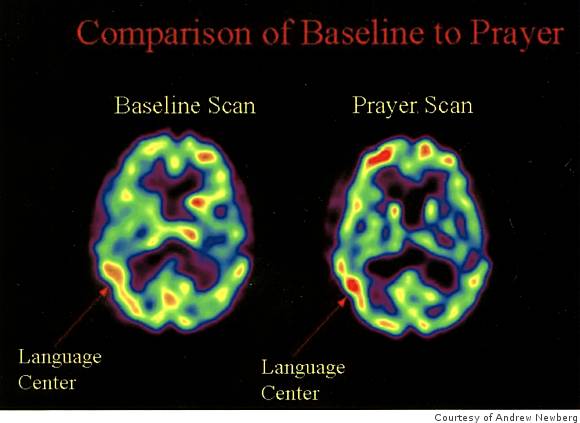
In his newest book, “After You Believe: Why Christian Character Matters,” Anglican bishop and biblical scholar N. T. Wright advises his readers not to cheat on their tax returns. Because that deceitful act may very well carve a neural pathway inside the brain that makes it easier to cheat on other things or people.
Scary thought.
But the reverse is also true: that the decision to grin and bear a conversation with a boring neighbor on the train–to try ever so painfully to remain patient–also leaves a pathway in the brain that facilitates patience the next time you are confronted with an obnoxious, the-armrest-is-mine train mate.
Says Wright:
Neuroscience is still in comparative infancy. But already the clear indications are that significant events in your life, including significant choices you make about how you behave, create new information pathways and patterns within your brain. It isn’t just that new patterns of wiring are being put down all the time, corresponding to the choices we make and the behaviors we adopt–though behavior is, of course, massively habit-forming. Parts of the brain actually become physically enlarged when an individual’s behavior regularly exercises them.
Take, for example, the simple act of smiling. According to Andrew Newberg, M.D., director of the Center of Spirituality and the Mind at the University of Pennsylvania and co-author of the book, “How God Changes Your Brain,” smiling stimulates brain circuits that promote empathy. According to Newberg’s research, even looking at a picture of a smiling face can enhance feelings of empathy and happiness. Frowning, conversely, stimulates brain circuits that promote anger and disgust.
Or, if you want to stay intellectually sharp in your old age, Newberg says it’s important to continually stimulate the neural connections throughout your frontal lobe. You do this by using your brain: reading books, taking a class, watching educational programs on TV, playing chess, attending a lecture … all those things that can give you a headache if you don’t take a snack break every two hours.
Newberg begins the third and final part of his book with a “Universal Serenity Prayer”: “May I find the serenity of mind to accept the things about myself that can’t be changed, the strength to change the things that can be changed, and the wisdom to know the difference.” To assist us with the second part of the prayer, he then gives us eight ways we can exercise our brains (in order of least important to most important): smiling, staying intellectually active, consciously relaxing, yawning, meditating, exercising, talking to others, and having faith.
Why is faith number one? Writes Newberg:
Faith is embedded in our neurons and in our genes, and it is one of the most important principles to honor in our lives…The psychiatrist Vicktor Frankl, who was imprisoned with a Nazi death camp until the end of World War II, said that the single most important thing that kept a survivor alive was faith. If a prisoner lost faith in the future, he was doomed, because the will to live seldom returned.
Although Wright is a bishop and Newberg a neuroscientist, the two men argue a similar thesis: that with the right brain exercises, we can become better people, with greater character and virtue. And that God can do wonderful things with our brains if we don’t mind working a little for it.
* Click here to subscribe to Beyond Blue and click here to follow Therese on Twitter and click here to join Group Beyond Blue, a depression support group. Now stop clicking.

